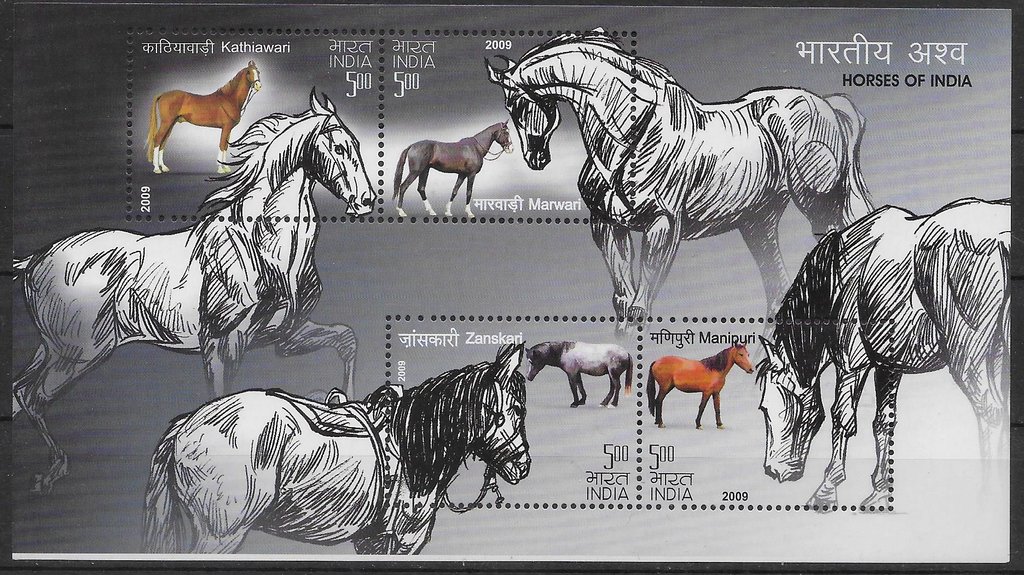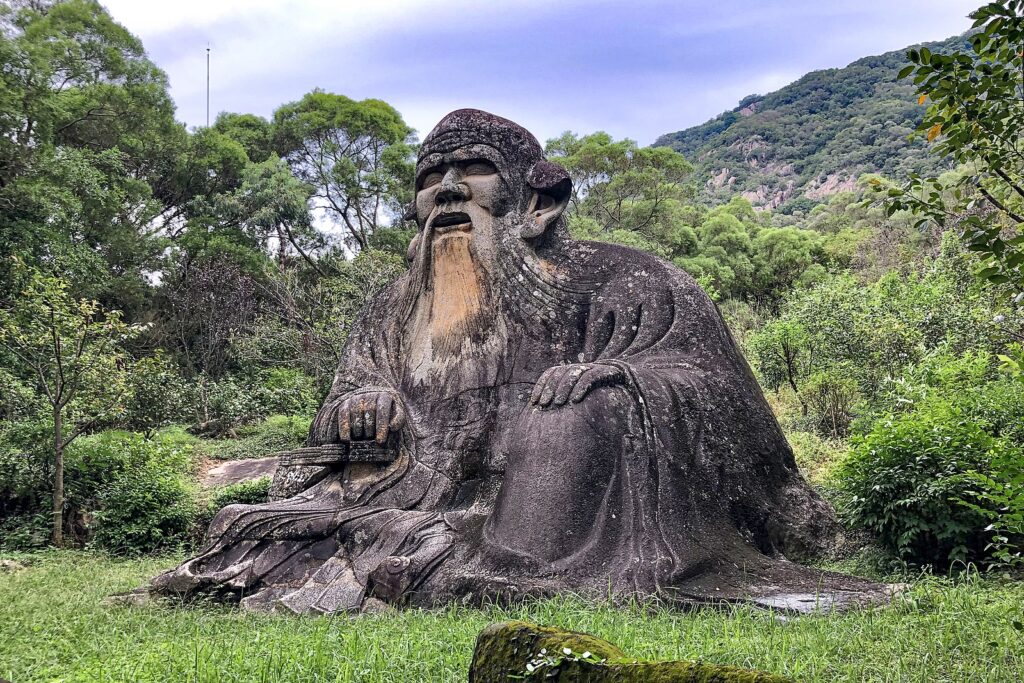There is a (Taoist) story of a farmer whose horse ran away. That evening, the neighbours gathered to commiserate with him since this was such bad luck. He said, “May be.”
The next day, the horse returned and brought with it six wild horses, and the neighbours came, exclaiming at his good fortune. He said, “May be.”
And then, the following day, his son tried to saddle and ride one of the wild horses, was thrown off, and broke his leg. Again the neighbours came to offer their sympathy for the misfortune. He said, “May be.”
The day after that, conscription officers came to the village to seize young men for the army, but because of the broken leg, the farmer’s son was spared. When the neighbours came to say how fortunately everything had turned out, he said, “May be.”
Alan Watts, Tao: The Watercourse Way
Alan Wilson Watts (1915-1973) was a British philosopher, writer and speaker, best known for interpreting and polularising Eastern philosophy to a Western audience. Watts wrote more than 25 books and articles on subjects important to Eastern and Western religion, introducing the then-burgeoning youth culture to The Way of Zen (1957), one of the first bestselling books on Buddhism. Many of his books are now available in digital format and many of his recorded talks and lectures are available on the Internet. According to the critic Erik Davis, his “writings and recorded talks still shimmer with a profound and galvanising lucidity.”

Image courtesy: Wikimedia
Taoism is a diverse philosophical and religious tradition indigenous to China, emphasising harmony with the Tao (way, road, path or technique). Taoist thought has informed the development of various practices within the Taoist tradition and beyond, including forms of meditation, astrology and feng shui. A common goal of Taoist practice is self-cultivation, a deeper appreciation of the Tao, and more harmonious existence. Taoist ethics emphasise such virtues as effortless action, naturalness, simplicity, and the three treasures of compassion, frugality and humility.

Lao Tzu, or Laozi, was a semi-legendary ancient Chinese philosopher and a revered figure in Chinese culture. He is generally considered the founder of Taoism and author of the Tao Te Ching, the foundational text of Taoism. Lao Tzu is a Chinese honorific, typically translated as “the Old Master.“
Image: Stone statue of Lao Tzu at Qingyuanshan in China.
